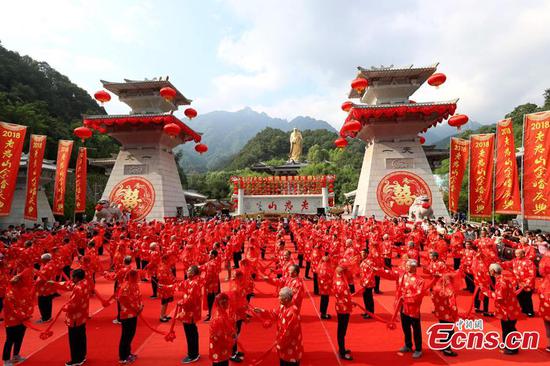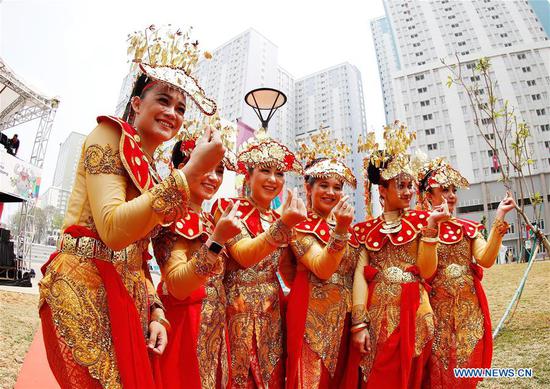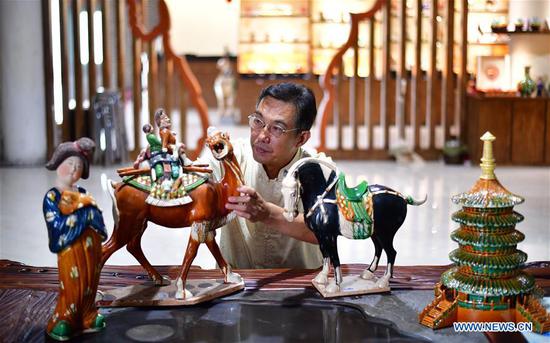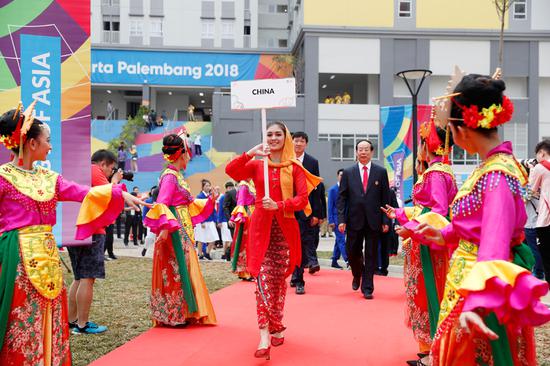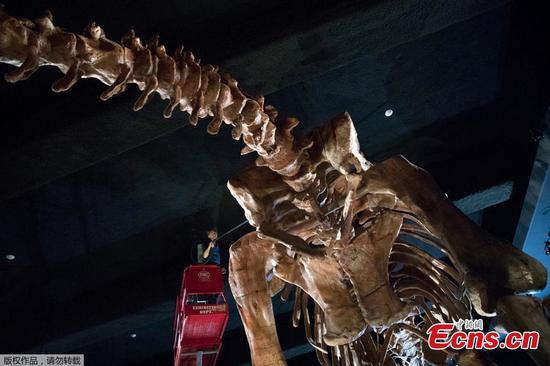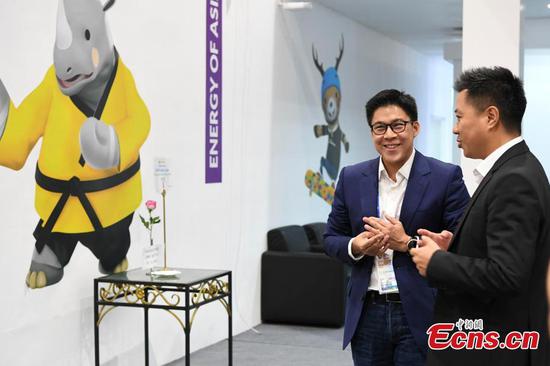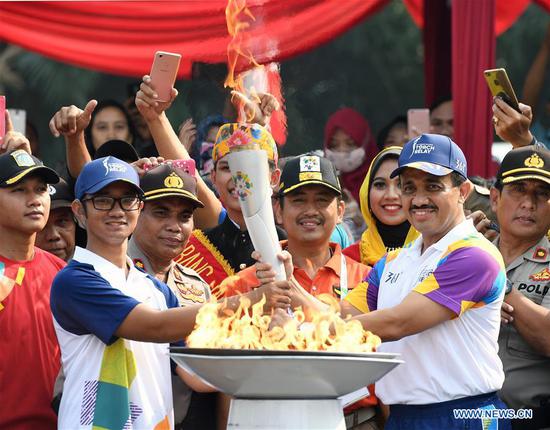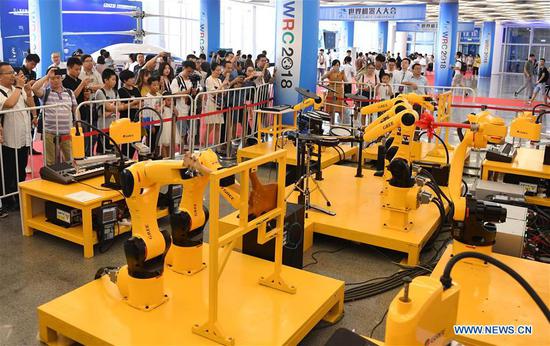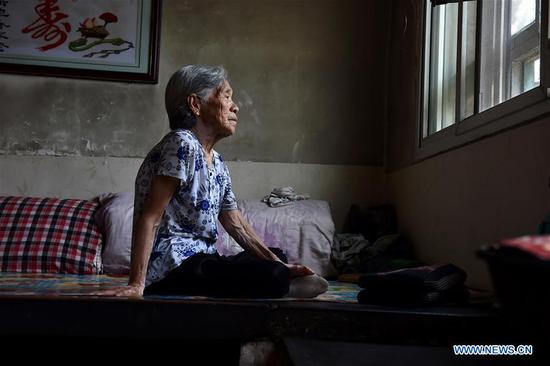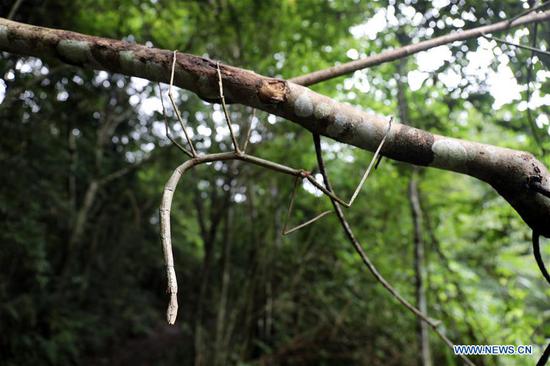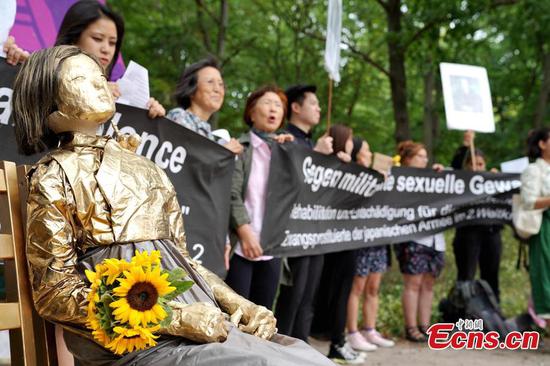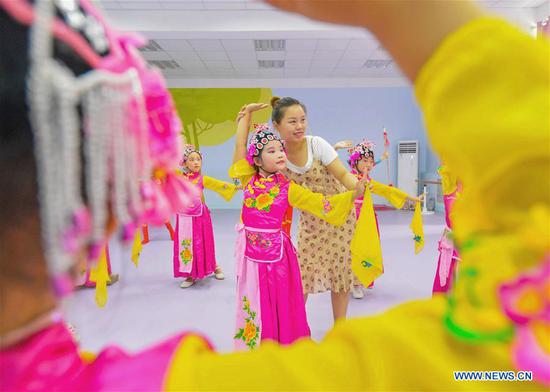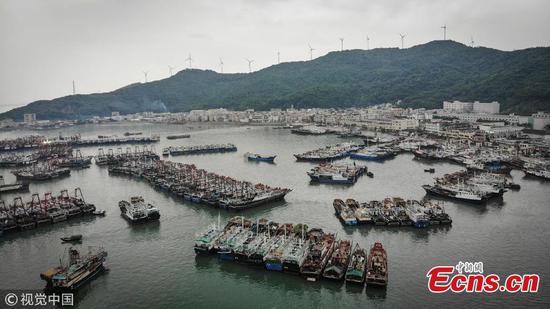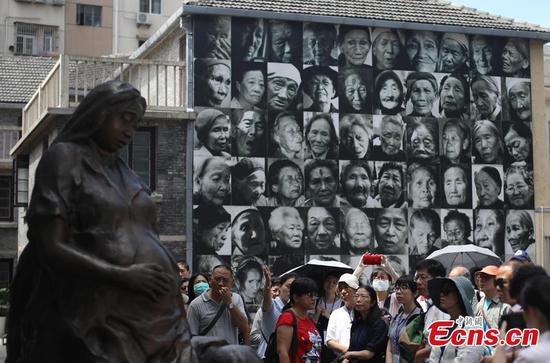Japan and the Republic of Korea (ROK) are still struggling to bridge rift over the "comfort women" deal as Seoul sees it was struck behind closed doors without input from the victims; while the Japanese side thinks the deal was "final and irreversible" to the issue.
Dark chapter
The two countries have shared a bitter history over "comfort women" issue.
During World War II, Japan forced girls and women into slavery for the purpose of sex to serve the military. Euphemistically, these women became so-called "comfort women."
It is estimated that 200,000 women were affected by this abhorrent action, with the majority of them coming from the Korean Peninsula.
In order to right the wrong that Japan did to those victims, an agreement was reached in 2015 between the two sides.
Under the deal, Japan apologized to the "comfort women" and provided a one billion yen (9 million U.S. dollars) fund to help them.
Erroneous knot
The deal, however, which was forged under the previous administration of then President Park Geun-Hye, is rejected by her successor Moon Jea-in.
He lashed its neighbor over the issue on Tuesday, asking Japan to sincerely apologize to Korean women forced into sexual slavery for Japan's wartime military decades ago as the issue cannot be resolved diplomatically, ROK's Yonhap News Agency reported.
"The issue of 'comfort women' for the Japanese military can truly be resolved when the victims' dignity and honor are restored, and their broken hearts are healed," Moon said in a ceremony marking the first "memorial day" for Japanese forces' comfort victims, also one day ahead the country's August 15 Liberation Day.
The president also promised the government will do its utmost to maintain communication with the victims and will respect the victims as key players in addressing the issue in line with the human rights regulations of the international community that advocate victim-oriented settlement.
On August 10, Seoul just opened a research center aimed at studying the wartime sexual enslavement of women by Japan.
The institute will compile and preserve historical records in a database relating to the victims and serve as a hub for historical data from overseas, including China, Japan and Southeast Asia.
"Next generations must correctly understand history and learn lessons not to repeat past wrongdoings," Minister Chung Hyun-back said during a ceremony marking the launch of the research center.
The Japanese government, on the other side, has reportedly expressed displeasure over it.
Japan: A deal is a deal
The research center is not the only issue Japan was unhappy with.
The chances to renegotiate the "comfort women" deal also appear slim as Tokyo is adamant that a deal is a deal.
Japanese Chief Cabinet Secretary Yoshihide Suga insisted that the deal is “final and irreversible” and Foreign Minister Taro Kono has warned of serious consequences if Seoul reneges.
Early this year, Japanese Prime Minister Shinzo Abe rejected Moon’s call for a sincere apology to "comfort women," saying he cannot accept additions to a 2015 bilateral accord struck to finally settle the issue.
"Japan has sincerely carried out all the things it promised," Abe said, adding that he wants ROK to follow suit.
Not only the government, but citizens in Japan also echoed the stance of refusing additional demands from ROK regarding the deal.
According to the Yomiuri Shimbun survey, 83 percent of respondents rejected further demands from ROK over "comfort women" as they thought ROK was "not very trustworthy."
For Abe, Moon’s criticism constitutes a betrayal of trust, but inevitably the "comfort women" deal itself is a betrayal of international norms and decency, said Jeff Kingston, the director of Asian Studies at Temple University Japan.
"The problem is one for the Japanese government. The issue should not be seen as a diplomatic bargaining chip. It is a question of doing what is right," Kingston added.
Former U.S. Congressman Michael Honda also believed that the only victor in the "comfort women" deal signed in 2015 was Japan.









